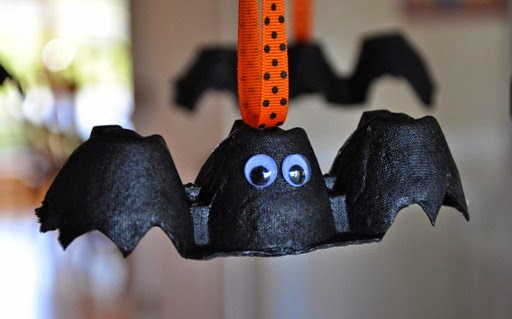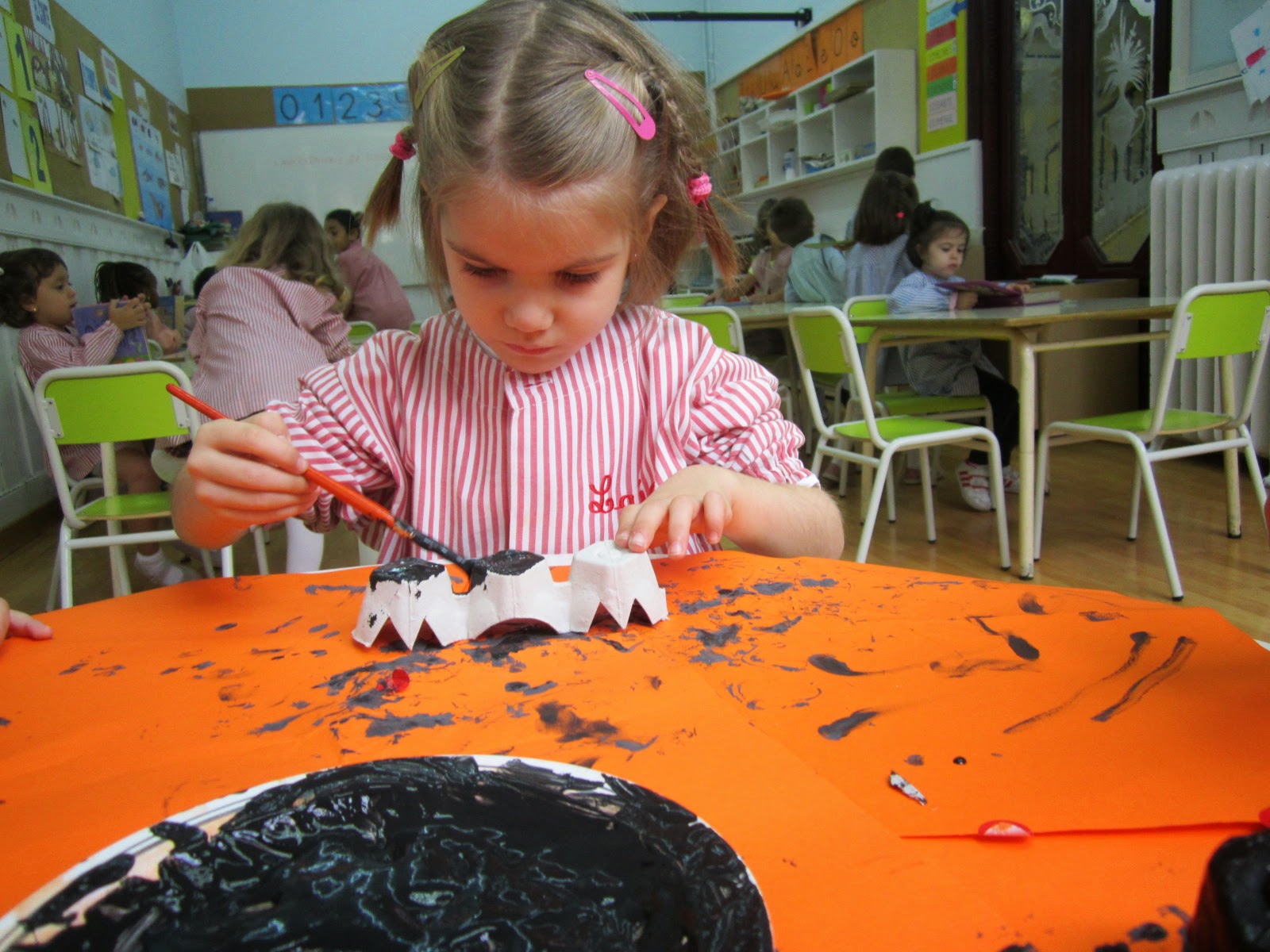 Easter Eggs
Easter Eggs
Easter eggs are a very old tradition going to a time before Christianity.
Eggs after all are a symbol of spring and new life.
Exchanging and eating Easter eggs is a popular custom in many countries.
In the UK before they were replaced by chocolate Easter eggs real eggs were
used, in most cases, chicken eggs. The eggs were hard-boiled and dyed in various
colors and patterns.
The traditionally bright colours represented spring and light. Sadly, nowadays
if you gave a child in Britain a hard-boiled egg on Easter Sunday, you would
probably end up wearing it!
An older more traditional game is one in which real eggs
are rolled against one another or down a hill. The owner of the egg that
stayed uncracked the longest won. Even today in the north of England, for example as at Preston in Lancashire,
they still carry out the custom of egg rolling. Hard boiled eggs are rolled
down slopes to see whose egg goes furthest. In other places another game is
played. You hold an egg in the palm of the hand and bang against your
opponent's egg. The loser is the one whose egg breaks first.
Nowadays people give each other Easter eggs made of chocolate, usually hollow
and filled with sweets. On TV you will see adverts for Cadbury's Creme Eggs,
a very sweet confectionery. The catchphrase for the adverts is "How do
you eat yours?" And Britain children hunt for (chocolate) Easter eggs hidden
about the home or garden by the Easter bunny.
http://www.learnenglish.de/culture/easter.html

























































